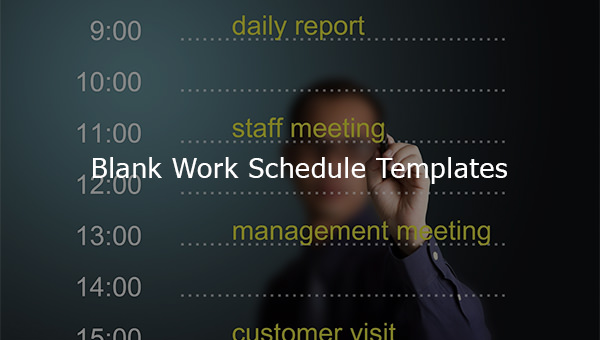
30+ Blank Work Schedule Templates
Blank work schedule templates provide you with an unprecedented range of flexibility. The most important feature of these templates is…
Sep 08, 2023
A research interview is a conversation in which questions are asked in order to get information. The interviewer is usually a professional or paid researcher, sometimes trained who, in an alternating series of usually brief questions and answers, puts questions to the interviewee. They can be compared with surveys where an interviewer asks a group of individuals and observes the resulting conversation between interviewees, or surveys that are more anonymous and limit participants to a range of predefined choice of answer.

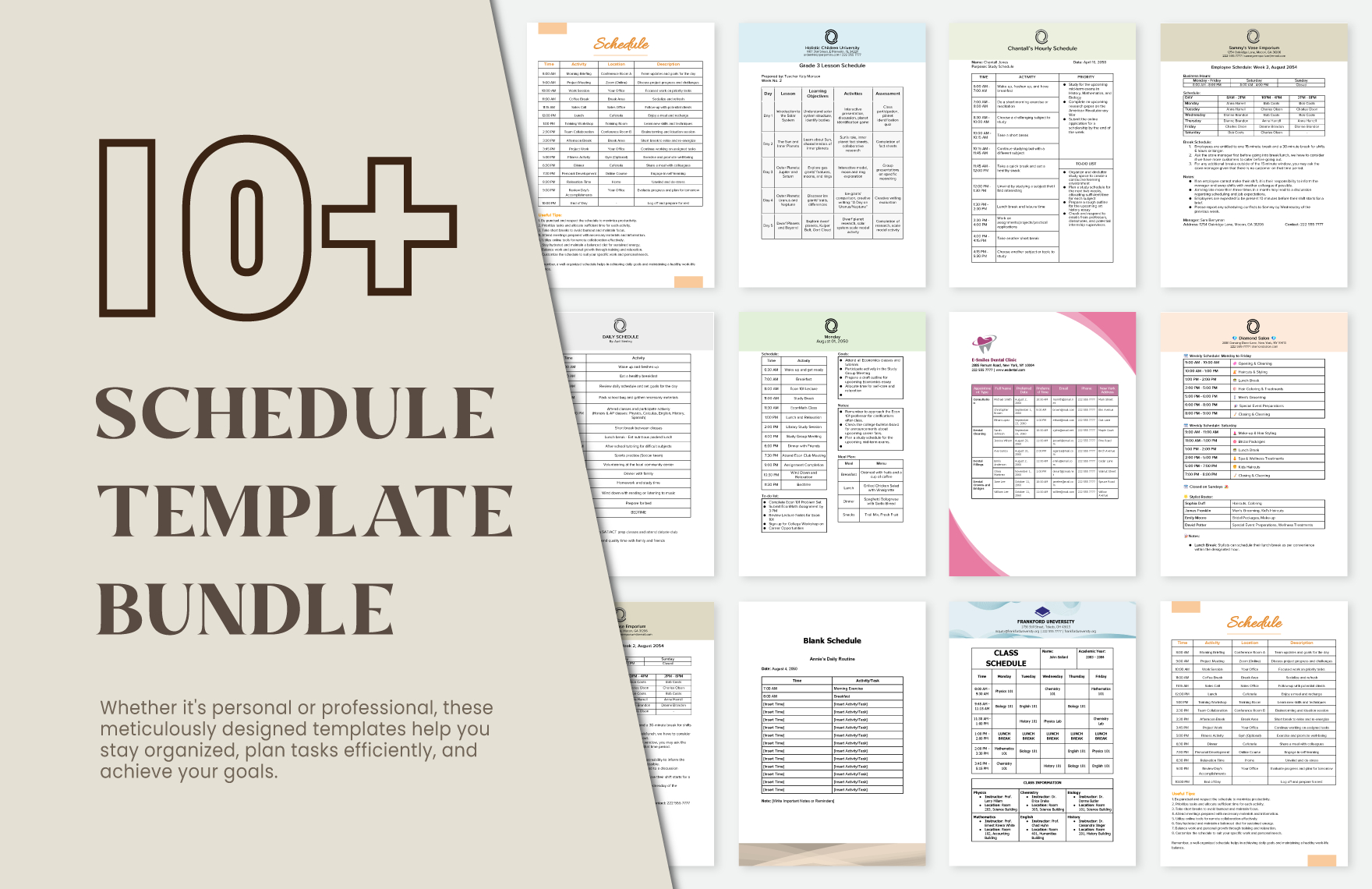
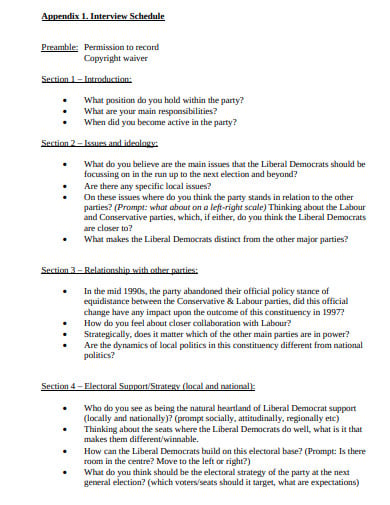 ac.uk
ac.uk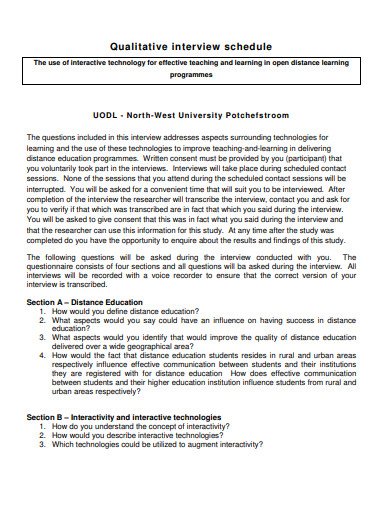 nwu.ac.za
nwu.ac.za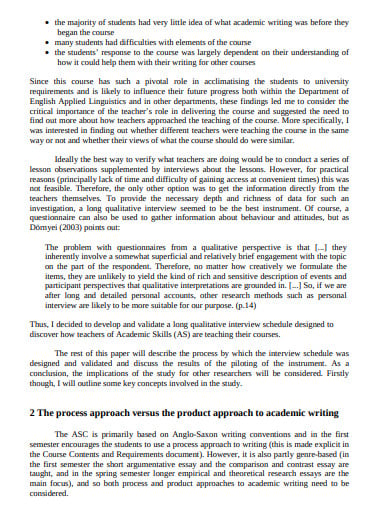 elte.hu
elte.hu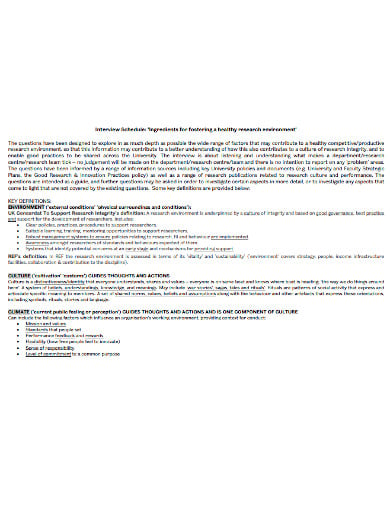 sheffield.ac.uk
sheffield.ac.uk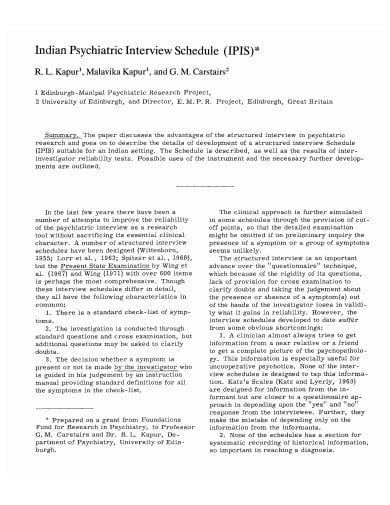 ias.ac.in
ias.ac.in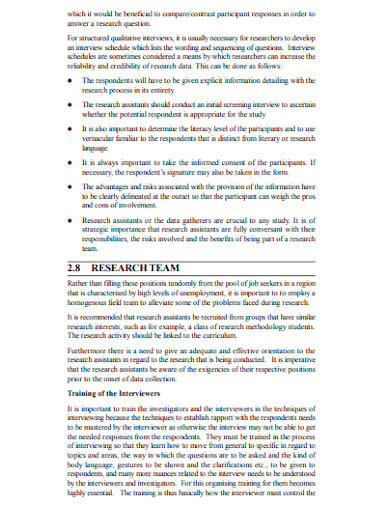 egyankosh.ac.in
egyankosh.ac.in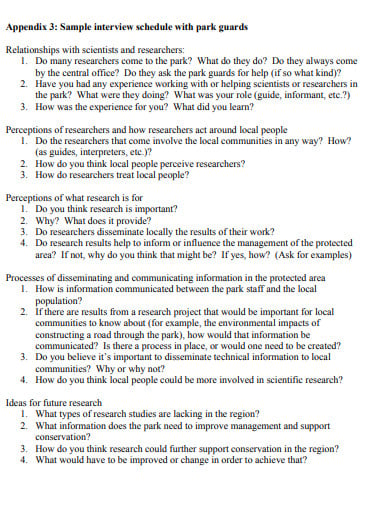 ecologyandsociety.org
ecologyandsociety.org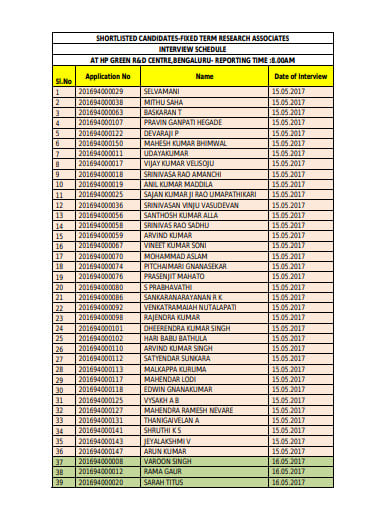 hindustanpetroleum.com
hindustanpetroleum.com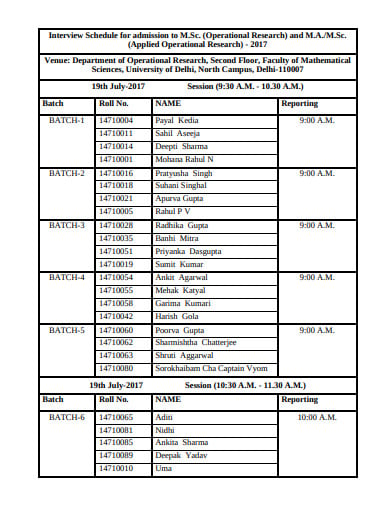 du.ac.in
du.ac.in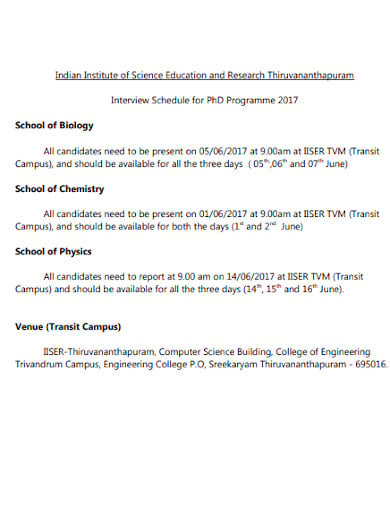 iisertvm.ac.in
iisertvm.ac.in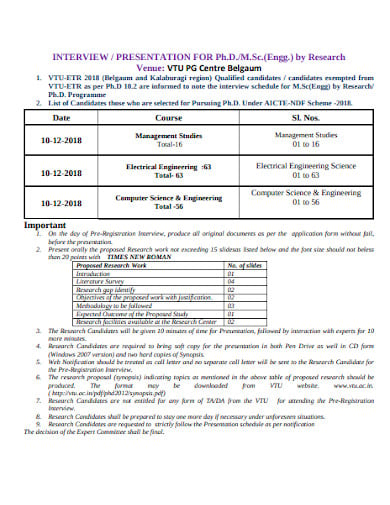 vtu.ac.in
vtu.ac.inAn interview schedule refers to a list comprising of a collection of standardized queries that have been designed to serve as a reference for interviewees, researchers and researchers to gather information or data on a particular topic or problem. A research interview comprises of an interviewer who co-ordinates the discussion method and asks questions, and a respondent who addresses those questions;
Research interviews are generally of four types:
To remain as transparent and flexible as possible to the nature and preferences of the interviewee, no predetermined questions are asked; during the interview, the interviewer “goes with the flow.”
This type of interview is intended to ensure that each interviewee provides information on the same general information areas; this provides more focus than the conversational approach, but still allows for a degree of freedom and adaptability in getting the information from the interviewee.
In this type of interview, all interviewees are asked the same open-ended questions; this method enables faster interviews that can be analyzed and compared more easily.
This type of interview asks similar questions to all respondents and then asks them to choose from the same set of alternatives to provide the answers. This format is useful for those interviewers who are not practiced. This type of interview is also called a structured interview.
Perhaps the biggest benefit of research interviewing is the interviewee’s profundity of detail. Interviewing participants will draw a picture of what happened in a particular event, tell about their expectations for such an event, and also offer other social indicators. Social indications such as the interviewee’s voice, intonation, body language, etc. can give the interviewer plenty of additional information that can be added to the interviewee’s verbal response on a query. This degree of detailed explanation, whether verbal or nonverbal, may display an otherwise hidden interrelationship between feelings, individuals, items, unlike many other research techniques.
In its particular form qualitative interviewing has a unique advantage. Researchers can tailor their questions to the respondent to get rich, complete stories and the information they need for their project. When they need more examples or explications, they can make it clear to the respondent.
Along with learning about specific events, researchers can also gain insight into the inner interactions of individuals, precisely on how people perceive and how they interpret their perceptions. They can talk about how events have affected their emotions and thoughts. In this, researchers can understand an event’s process rather than what has just happened and how they responded to it.
Another benefit of research interviewing includes what it can offer to people who read academic papers and journals. Researchers can write clearer reports for their readers, giving them a more comprehensive understanding of the respondents’ experiences and a higher chance of identifying, even if briefly, with the respondent.
The planning of the interview can present complications. Not only is it hard to get people for interviews because of the interview’s typically personal nature, to plan where to meet them and when can also prove to be difficult. At the last minute, the participants can cancel or change the meeting location.
One of the biggest weaknesses of the research interview is missing information that can happen during the actual interview. This may be due to the enormous multitasking that the interviewer has to do. They not only need to make the interviewee feel quite comfortable, but they also need to maintain as much eye contact as necessary, jot down as much as they can, and think about add-on questions.
The coding process begins after the interview and with that follows its very own collection of inconveniences. Coding generally takes an extraordinarily long time to do. Usually, this method requires numerous people, which can become costly too.

Blank work schedule templates provide you with an unprecedented range of flexibility. The most important feature of these templates is…

Timetable templates are essential tools for managing time effectively, whether for personal, educational, or professional use. These templates help organize…

Keep an eye on how you spend your hours with this hourly schedule template absolutely free. This resourceful hourly schedule…
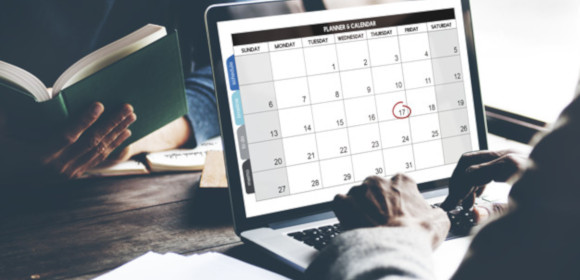
When your organization wishes to hire new employees in the organization. The plan and the strategy are the outlines for…

The only difference between successful and the rest of the crowd is that successful people plan every single day of…

A maintenance schedule tells and records weekly, monthly, quarterly, and yearly property and facility repairs and checkups needed for your…

If you’re management personnel, a production schedule template download never goes to waste irrespective of the industry you are involved…

Managing the Financial Statement and payment can be nerve-wracking and complicated. If you want to create a breakdown or list…
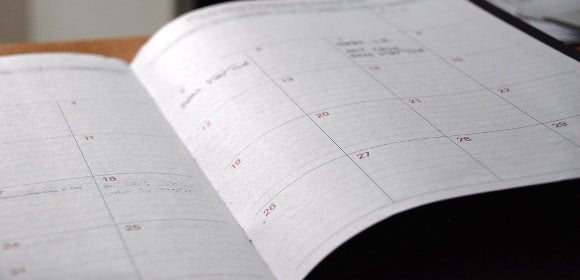
nanny daily schedule nanny work schedule nanny weekly schedule nanny routine schedule nanny baby schedule nanny cleaning schedule Schedule Template…